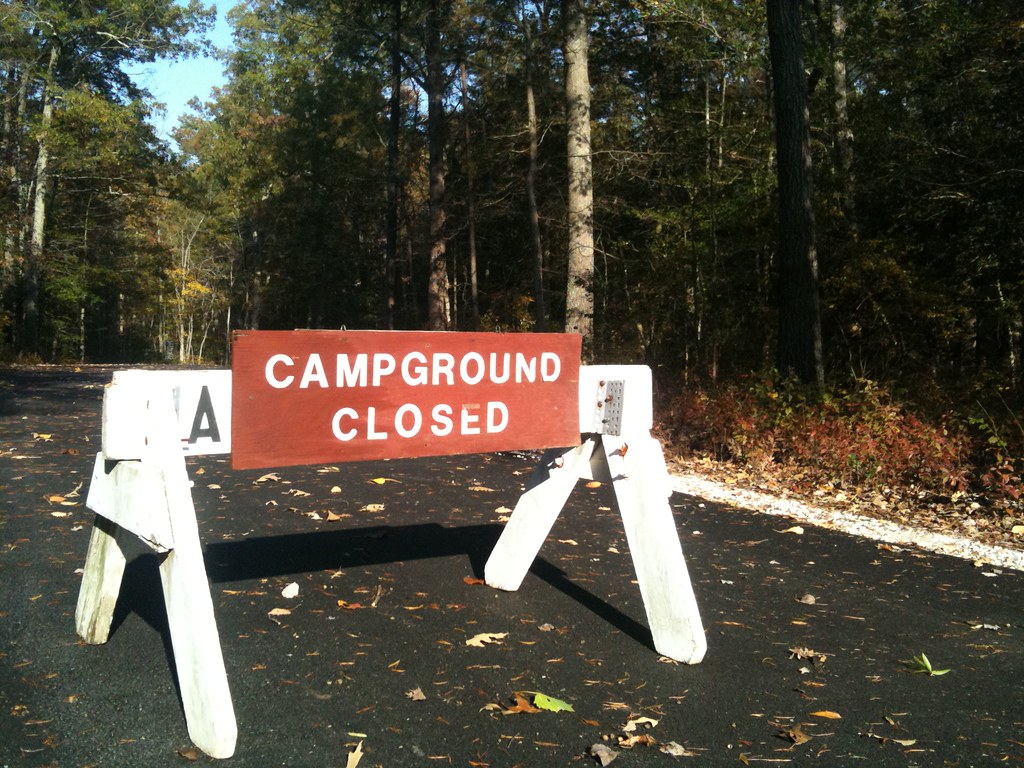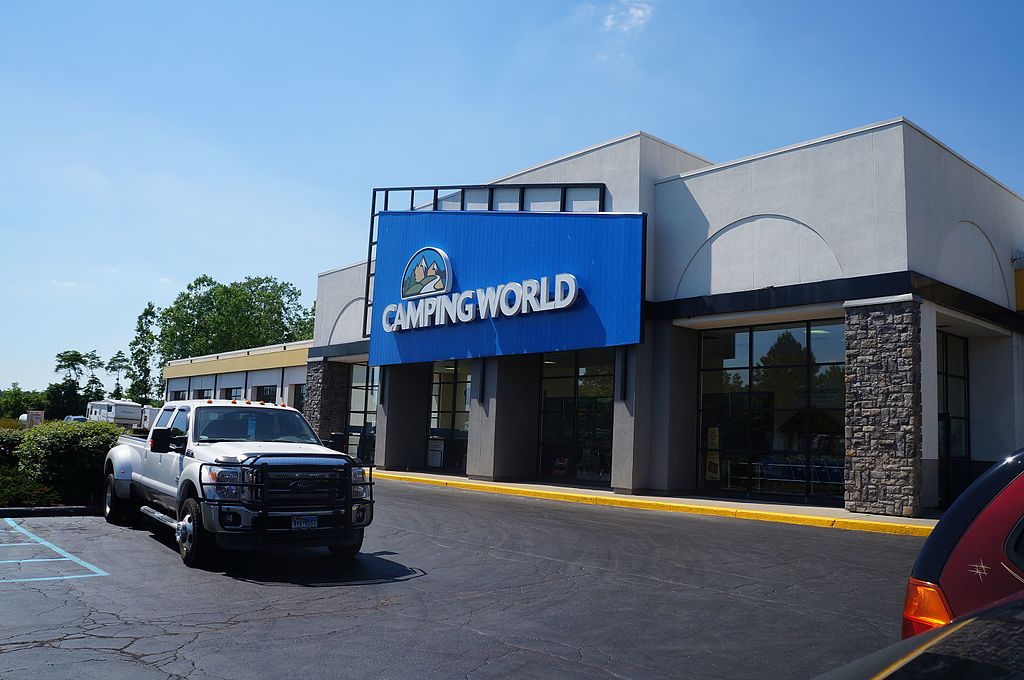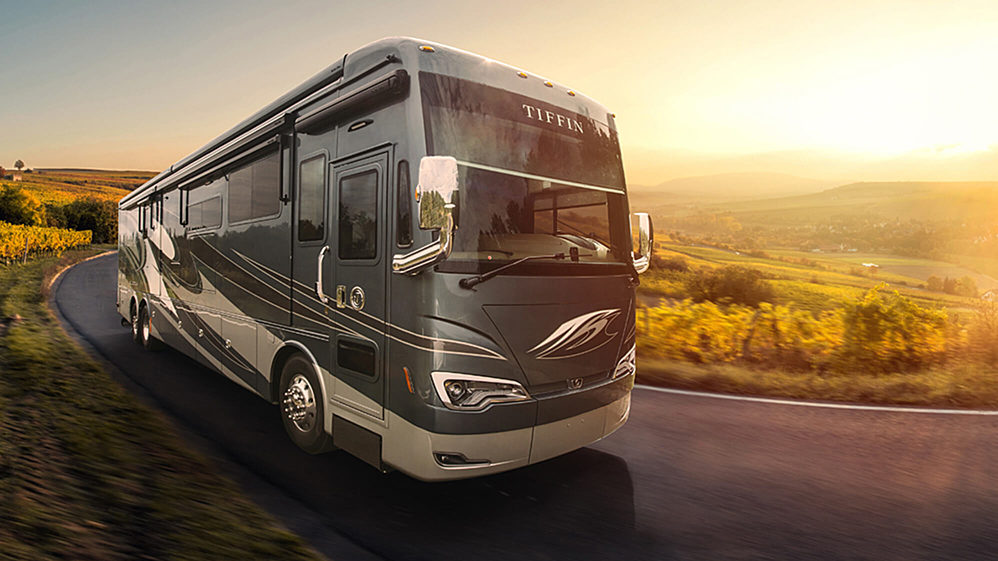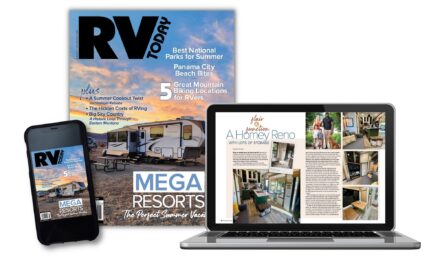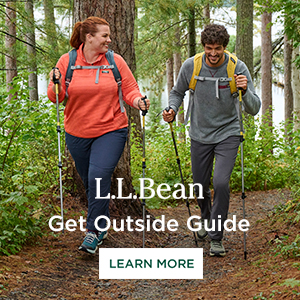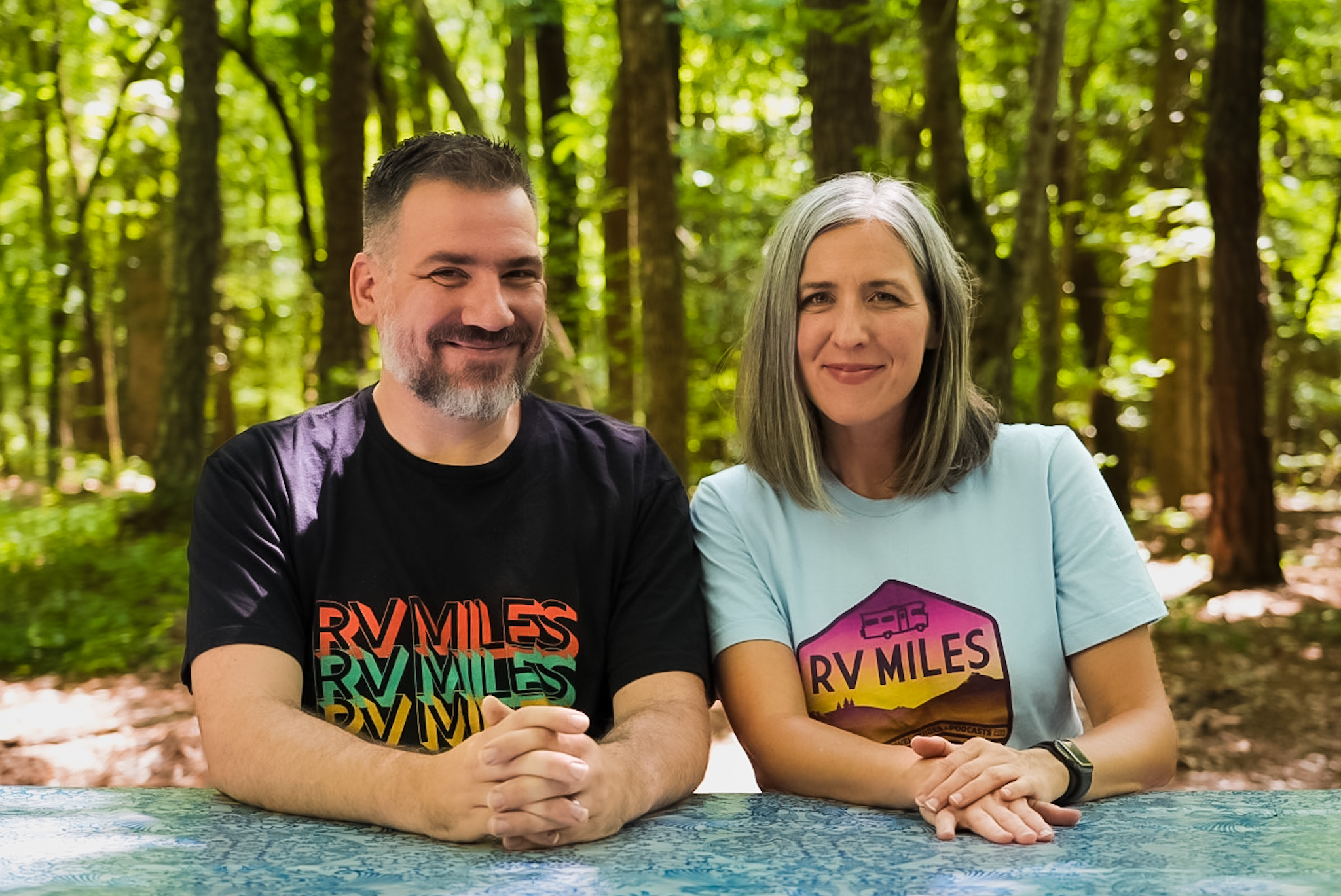A week ago, if someone asked me what the Coronavirus has done to our travel plans, I would have said that we are going ahead as usual.
No more. We’ve made the decision to shelter in place.
As of this writing, seven states have entirely closed their state park system’s campgrounds. The Army Corps of Engineers has closed or delayed opening campgrounds in at least three states. Some national park campgrounds are beginning to close. Many city and county parks are closed, and you can expect that this is just the tip of the iceberg.
Don’t count on a state keeping its parks open just because they said they’re open for business in a Facebook post, either. Florida State Parks made such a post on Monday, and by Tuesday they had announced they were closing. If your state park remains open, chances are its restrooms and showers are closed.
Indeed, many campgrounds that remain open, public or private, are shuttering services. The private park I sit in today in Arizona has closed the restroom facilities, pool, and clubhouse. Thankfully our RV is fully self-contained, save for laundry, and our park’s laundry facility remains open.
This campground is also filling up fast, especially since the closure of New Mexico State Parks. The Southwest is still full of snowbirds who need a place to go. BLM areas near the highway are very busy as well. I would imagine a similar situation is taking place in the Southeast, where North Carolina just announced closures following Florida.
Private parks are not immune either. The popular tourist town of Moab, Utah has ordered hotels and campgrounds to not allow stays from out-of-towners. A handful of KOA, Jellystone, and other private parks have closed.
In addition, the beginnings of shelter-in-place restrictions have affected many RVers in San Francisco and surrounding counties. Other metropolitan areas are considering a similar decision. Many states have closed bars and restaurants and other gathering spaces. States are beginning to shut down rest areas on the highway. The government is considering ending non-essential interstate travel, at least to and from virus hot-spot states. Some towns are only allowing a small number of people to enter a grocery store at a time. And the grocery stores are having a hard time keeping stocked.
Add to all of this that RV rental services tell me they are completely sold out. People are viewing this as a time to get away from their city, even as the White House has asked us not to travel. Children are home from school in many states, and people want to get to a campground to get some fresh air. I certainly understand the draw.
It’s estimated that 1-2 million people live full time in RVs in the US, and these restrictions present a unique problem for us. For instance, I read a Facebook post today from someone in the shelter-in-place zone outside of San Francisco, who was told the private campground they were staying in would not extend their reservation.
We secured a monthly rate at the full-hookup campground … and I suggest you do the same.
So for our part, we’re staying where we are. We secured a monthly rate at the full-hookup campground we were only spending a week at, and I suggest you do the same. Unless you are truly off-grid capable for long periods, expect campground availability to be a major challenge, at least until the end of May.
State and local governments are considering travel restrictions that could make getting where you need to go very difficult. Now is not the time to fly by the seat of your pants. Think of how different the world was one week ago. It could be doubly as difficult to secure resources, find a place to park, dump tanks, shower, etc. one week from today. The private campgrounds that are open could be sold out due to state park closures.
The uncertainty and rapid, but temporary, changes in our society are too volatile at the moment. We RVers are fiercely independent, but it’s time to listen to the government, do what we’re asked for the good of society, and plan for our safety.
Rootless Living is doing an excellent job tracking closures here.

